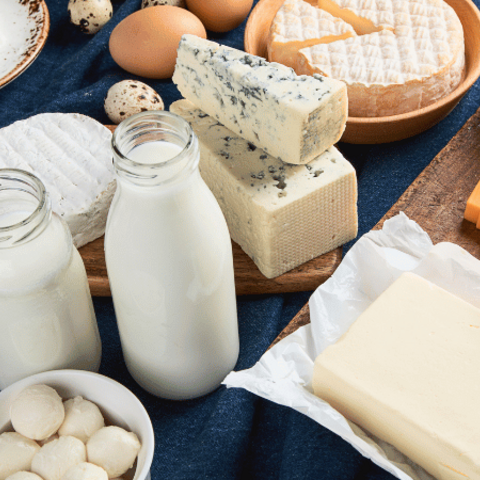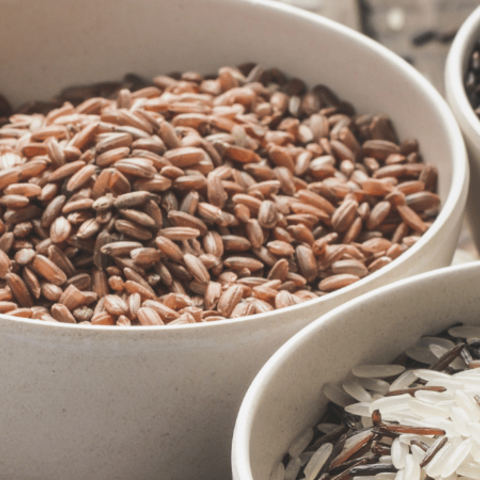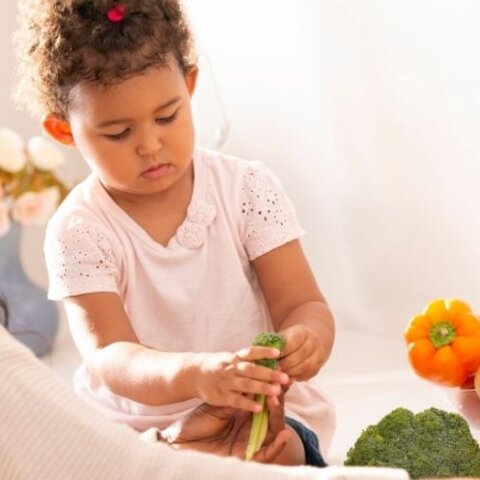
Why should we be concerned about food safety when preparing meals for younger children? Children under the age of five are at high risk for food poisoning because their immune systems are still developing so they cannot fight off infections as well as adults can. Additionally, young children produce less stomach acid that kills harmful bacteria, making it easier for them to get sick.
Food poisoning can be particularly dangerous for infants and young children because with it often comes with diarrhea. Since children's bodies are small, they can quickly lose a lot of body fluid causing dehydration. Other symptoms of foodborne illness include nausea, vomiting, stomach pain and cramps, and fever and chills.
According to the Centers for Disease Control and Prevention, children younger than five have the highest rates of any age group for several types of food poisoning such as E.Coli 0157 and Salmonella. High risk foods for children include: foods that are raw or undercooked, including: meat, poultry and eggs; unpasteurized milk or juice, including cider; and any raw or undercooked seafood or oysters.

Holiday Bagel Bites
Download Handout Spanish Handout- ½ whole wheat mini-bagel
- 2 teaspoons low-fat cream cheese
- 2 Tablespoons finely chopped and washed red and green fruit such as kiwi, green grapes, green and red apples, strawberries, raspberries, etc.
Directions:
- Wash hands with soap and water.
- Spread a thin layer of cream cheese on the bagel.
- Sprinkle fruit to resemble a holiday wreath.
Snack Crediting for Ages 3-5 in CACFP - Whole Grain
Nutrition Information:
- Calories: 90
- Total Fat: 2g
- Saturated Fat: 1g
- Cholesterol: 5mg
- Sodium: 95mg
- Total Carbohydrates: 16g
- Fiber: 1g, includes 2g Added Sugars
- Protein: 3g
- Calcium: 6%
- Iron: 6%
- Potassium: 2%
Sources:
Food Safety Concerns for Children Under Five, Foodsafety.gov
The Core Four Practices, Partnership for Food Safety Education
This newsletter was written by Cami Wells. It has been peer-reviewed and updated in 2025.
Tags:







